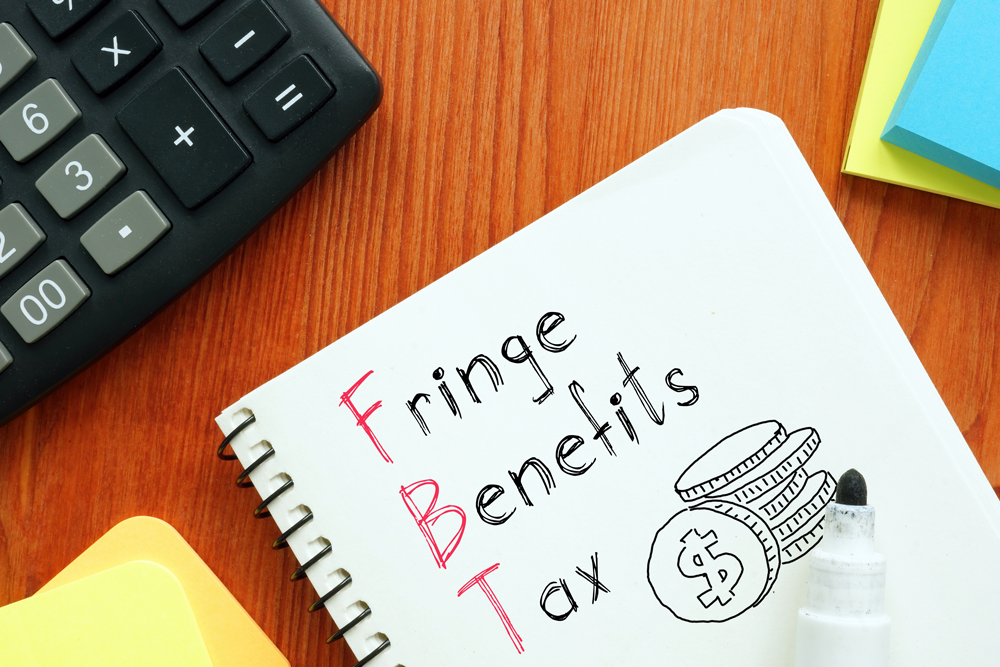2013 Budget Overview
Treasurer Wayne Swan has handed down the 2013/14 Federal Budget and forecasts a budget deficit of $18 billion. This is in stark contrast to his $1.5 billion surplus that he predicted in the previous budget. Mr Swan blamed the high Australian dollar, lower commodity prices and the fact that the mining tax revenue will be less than 10% of the original forecast.
The Treasurer expects a reduced deficit of $10.9 billion in 2014/15, breakeven in 2015/16 and a return to a modest budget surplus in 2016/17. While business conditions remain sluggish we have breezed through the GFC compared to the rest of the world. Being a major supplier of coal and iron ore we have enjoyed 21 years of uninterrupted economic growth thanks to a mining boom fuelled by strong demand from China.
The forecast for economic growth in 2013/14 is 2.75% (revised down from 3%) which compares favourably with the US (2%), Japan (1.25%) and Euro zone (0%). Australia’s net Government debt will peak at 11.4 percent of GDP whereas the US will be around 90 percent, Japan 130 percent and Euro zone about 100 percent. We are the envy of the rest of the developed world and the unemployment rate is expected to increase slightly from 5.5% to 5.75% by June 2014.
As expected, the budget provided no pre-election hand-outs. Instead, a cut to a range of benefits to middle income families, the deferral of tax cuts, the $5,000 baby bonus is to be scrapped (and replaced by a significantly reduced payment which will only be available to taxpayers who qualify for Family Tax Benefit Part A) and the Medicare Levy has been increased by 0.5% to fund the National Disability Insurance Scheme. Last year small business benefited from accelerated writeoffs for buying capital equipment, however, the 2013 Federal Budget provided very few incentives. Of course, with the September election around the corner we will just have to wait and see if these Budget announcements actually come into play.














